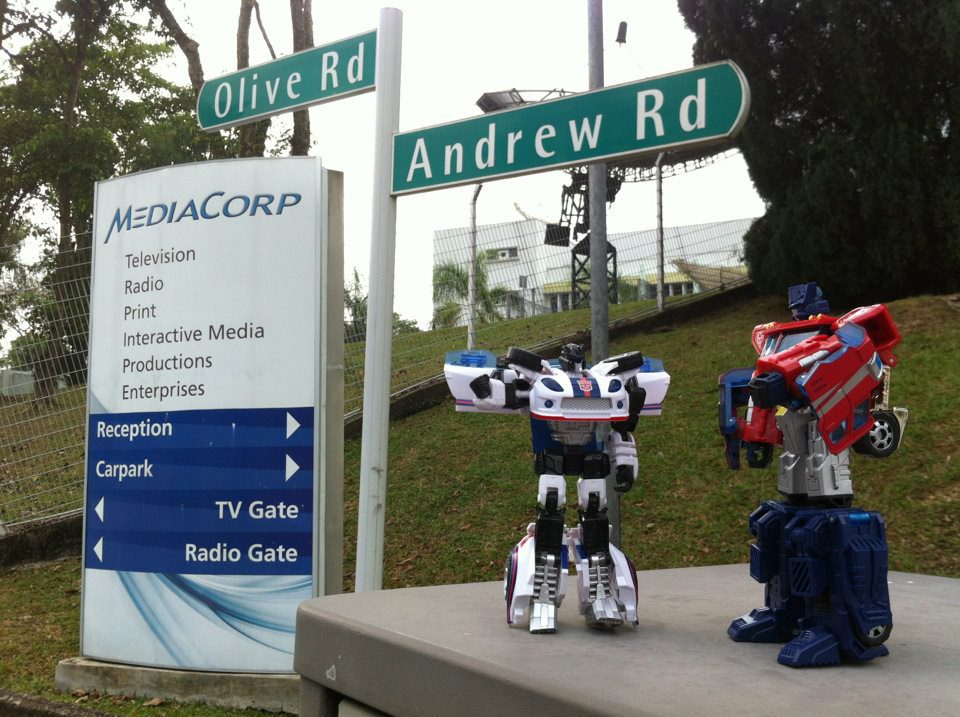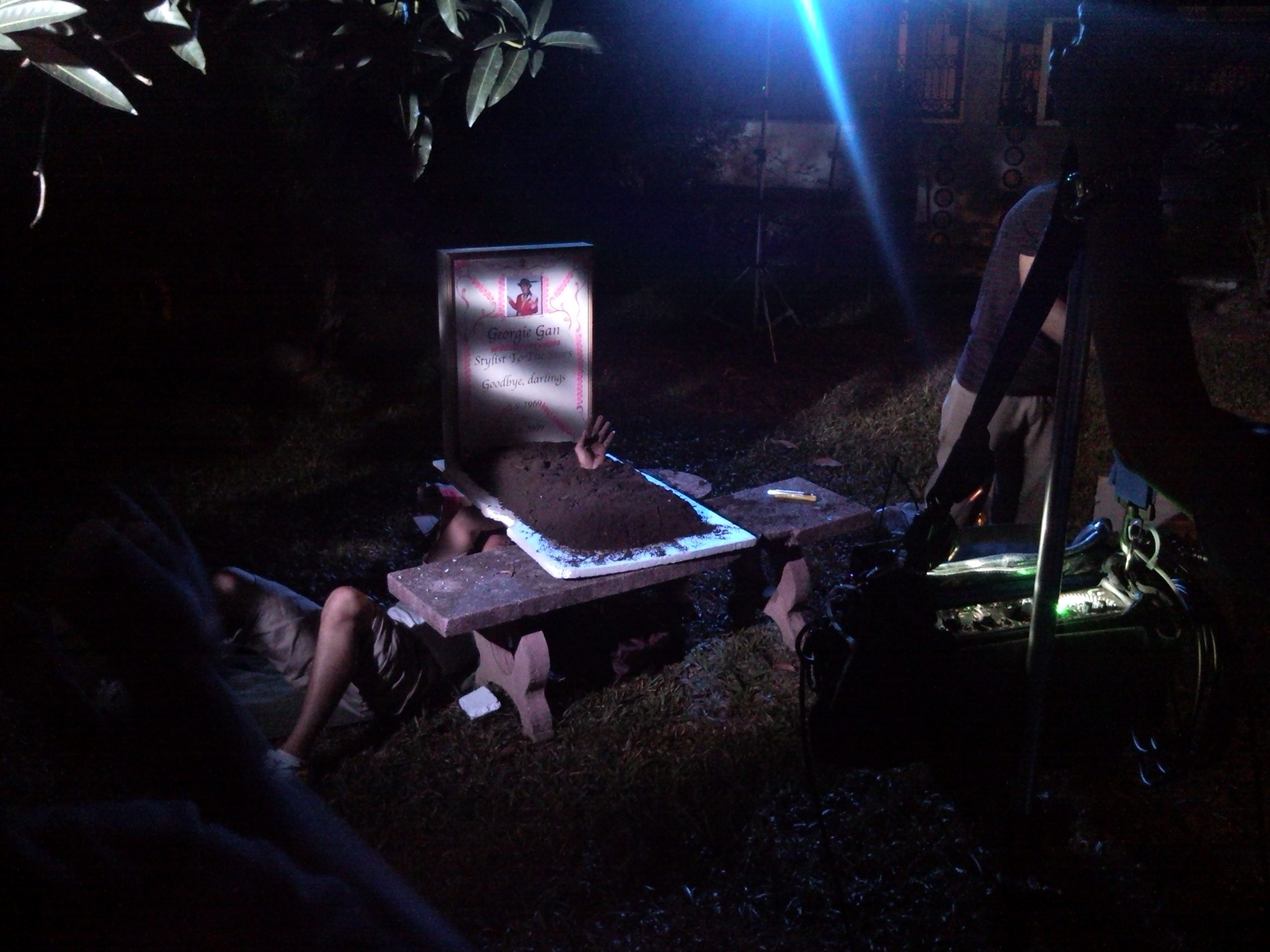Transforming TV
After drinks with some folk in the TV industry the other day, the topic inevitably came to the future of television in Singapore. The convo went a little bit differently this time though – it was centered more on what’s gone right, and how we can improve, instead of lamentations of money.
Don’t get me wrong, funding and budgets are still a critical issue for Singapore TV. But there’s still the human factor that plays a major role in the future of TV. There are many things that have gone right, and things that no amount of money can improve.
So after synthesising the results of our conversation last night, these are five things that I think our TV industry needs.
1)An audience that cares for the show
Because an audience that cares will not only point out what’s wrong with the show, they’ll point out what’s right with the show as well. Good feedback is just as important, if not more, than negative feedback – how will we know what works if nobody tells us?
An audience that cares is also invested in the success of the programme, and that means they can also tells us what they’re looking forward to, what they want to see, in a way that fits the genre of the show in question – ie, no “I want to see more ghost stories in a police show” type of comments. I exaggerate, but you get the idea.
And the caveat is – we need audience members from the media industry itself, so they can give specific, constructive, actionable feedback instead of the frequently trotted out comment: “production values are so bad.”
Gravestones on Police & Thief
2)A more positive attitude
Gratitude for what we’ve accomplished in ours shows. It’s another way of saying “things could have gone so wrong, so fast.” But what goes around quite often nowadays is “things could be so much better, so much more efficient.”
Not everybody is like this, of course. I know of directors and cast who literally have nothing but good things to say about the work they do and the people they cooperate with. And that’s what we need more of. To focus on our accomplishments and be happy with how far we’ve come.
That’s not to say we can never criticise the shortcomings of any show. But it’s a positive environment and a can-do attitude that we should be cultivating if the industry is to expand at a sustainable rate.
3)Fewer people claiming credit
Because it’s a team effort, and not a one man show. Yes, it might be a good story, but it took all of us to create the final product. Yes, it might be a good performance, but again, everyone worked towards the show.
To have individuals claim credit is to diminish that team effort. Claiming credit is different from claiming loyalty to a show – claiming credit is to say the show is part of me, while claiming loyalty is to say I’m part of the show.
Of course, credit has to be given where credit is due. Roles and responsibilities should, of course, be called out. But self-praise is no praise, because we should, instead, have:
Pool days on Polo Boys
4)More people giving credit
We should recognise the good works create by others more often, especially within the industry itself. It’s always a good feeling to have someone else recognise your work, especially if it’s a peer or someone you respect.
Not only does it build up the positivity mentioned earlier, but it also calls out what we can learn from each other. Unfortunately, we can’t always watch every that is out there, so when something is well done, it should be highlighted for those who’ve missed out on it.
5)People who believe in the industry
Because, as my mentor once said, if you don’t believe in what you’re doing, it shows in the final product. No matter how slick, expensive, and polished the show is once it’s broadcast, if there’s no heart in it, the insincerity shows.
There’s also enough negativity as it is, be it online, in print, even in person. Singapore TV (well, any industry really) needs more hope and optimism to grow, and to grow well.
And we need people who believe in TV, because the stakes are different when they work. For them, when they produce a programme, what’s at stake isn’t money, or a promotion.
It’s the future of television.



Leave a Reply